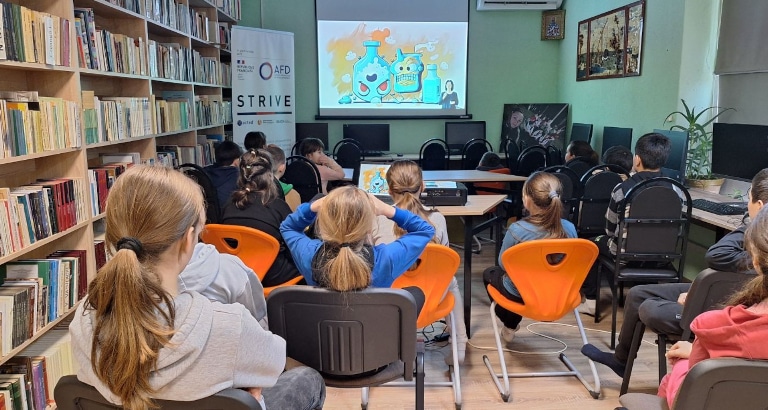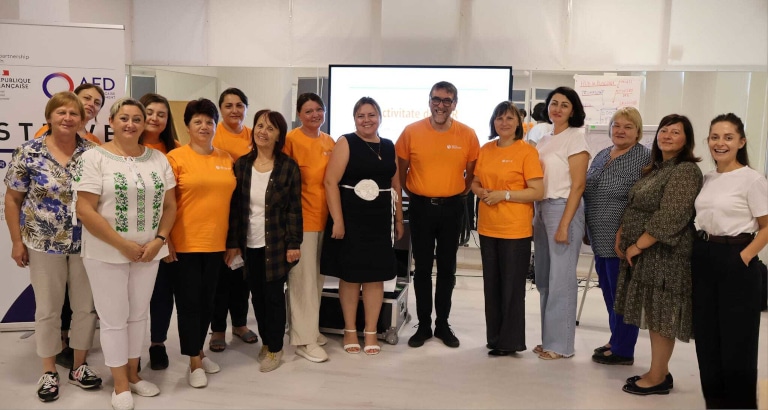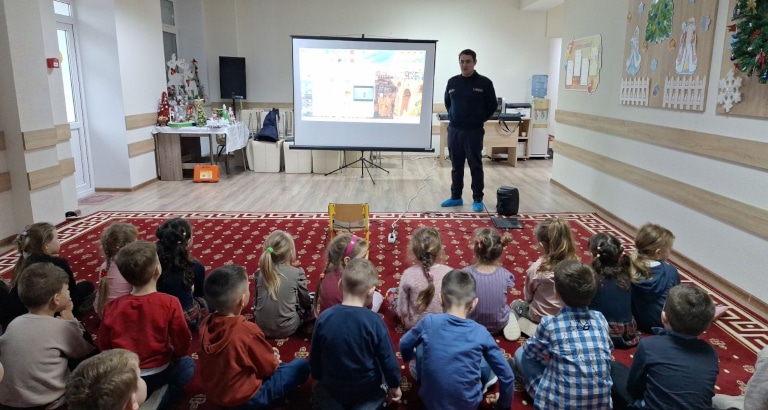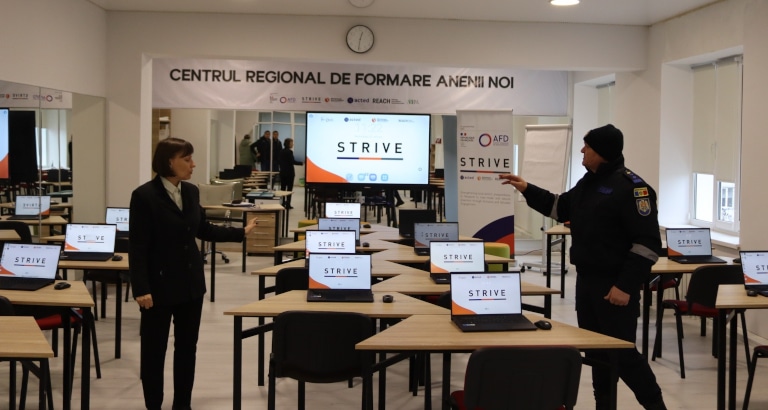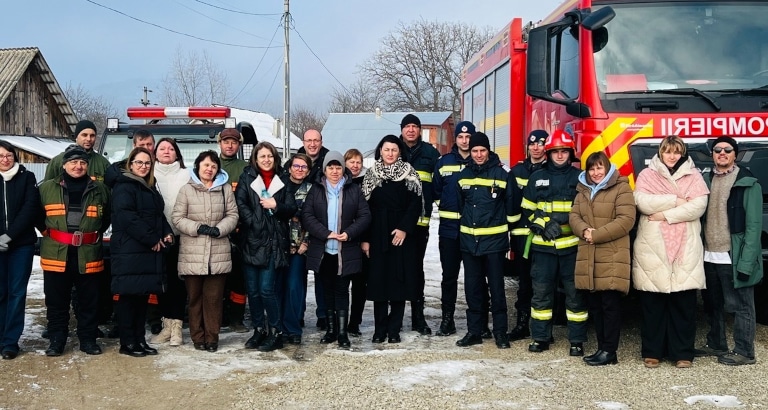In the d’Anenii Noi region of Moldova, the local populations are at the front lines of climate change. Prolonged droughts, recurring floods, and soil erosion threaten agriculture, which remains a dominant sector in this rural area. In response to these growing challenges, LWB and its partners, Acted and REACH have been assisting the local authorities and populations since 2023 in adapting to climate risks.
Funded by the French Development Agency, the STRIVE project aims to renforce the communities’ resilience to the the catastrophies and improve their preparedness for shocks.
“One of the main challenges we faced was that this is a highly specialized area that had not been addressed before in Moldova. As a result, there was a lack of capacity, resources, and knowledge on the ground to support its development. Additionally, disaster risk management in the country has traditionally focused on response rather than preparedness and mitigation. Changing this perception required significant time and effort, as stakeholders had to shift their approach toward long-term resilience-building.” Almothana Hasan, coordinator of project Acted.
Libraries: New Pillars of Community Resilience
In this context, we have supported the Moldovan libraries in becoming strategic spaces for the awareness and education of risks. In Anenii Noi, ten libraries have been equipped with an Ideas Box, 10 Ideas Cube digital libraries, and 2,000 Kajou SD cards, providing their communities with a vast range of resources in Romanian, Russian, and Ukranian, including educational videos, specialized books, and educational games.
These “resilience hubs“ cover essential topics like sustainable agriculture, disaster management, and fire prevention.

